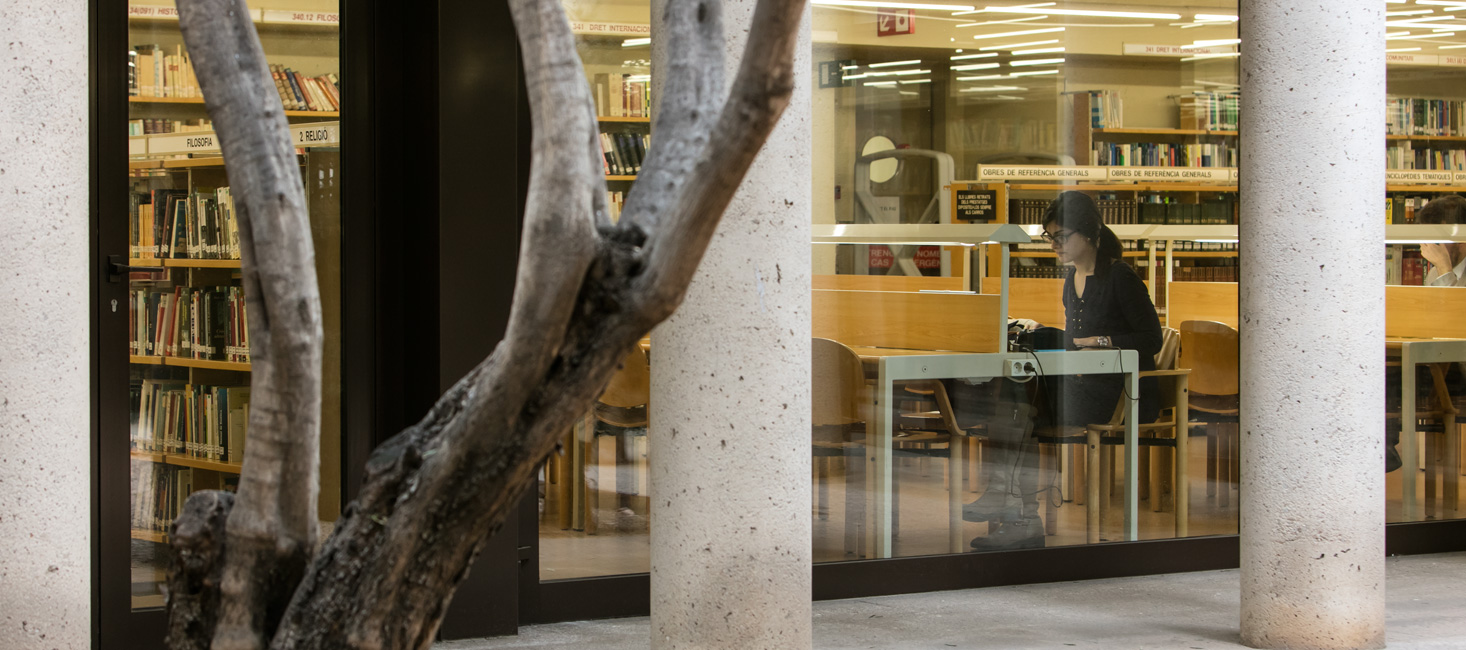🎓 Research
About us
The University
University model
Organizational model
Studies
Campus life
Admission and Aids
Profiles
Languages
Other CEU Universities

University model
80 % of our faculty participates in research projects

